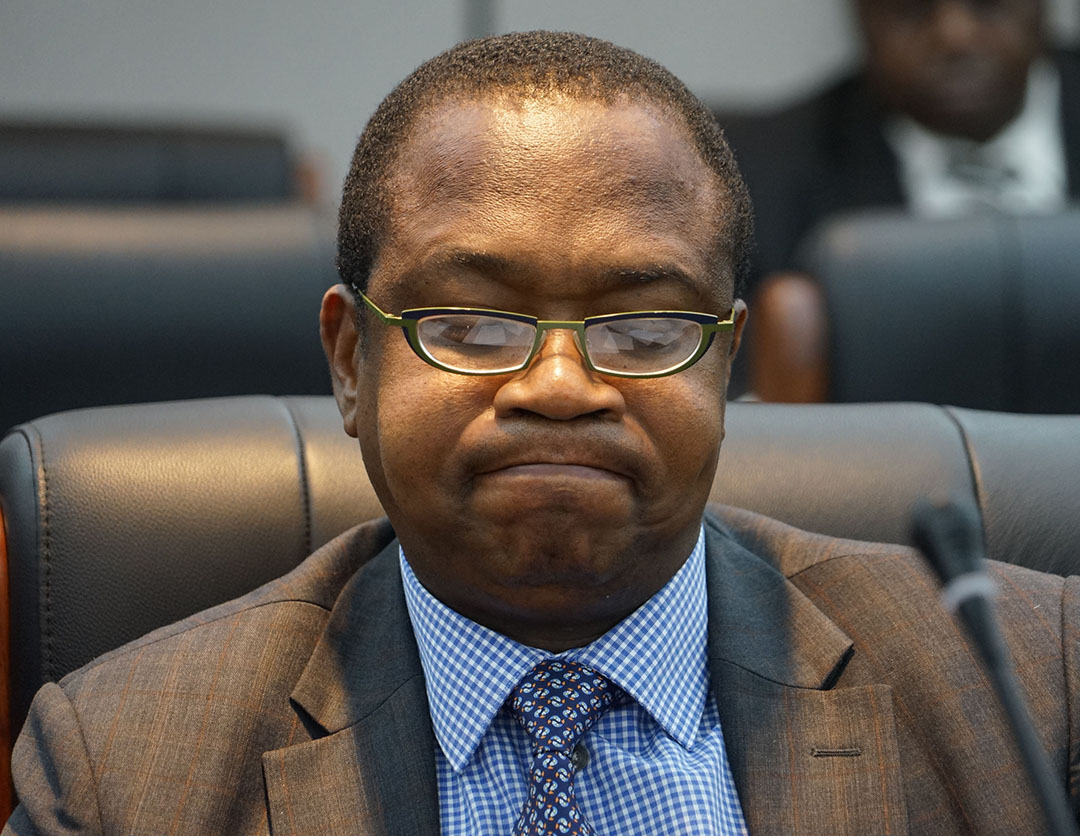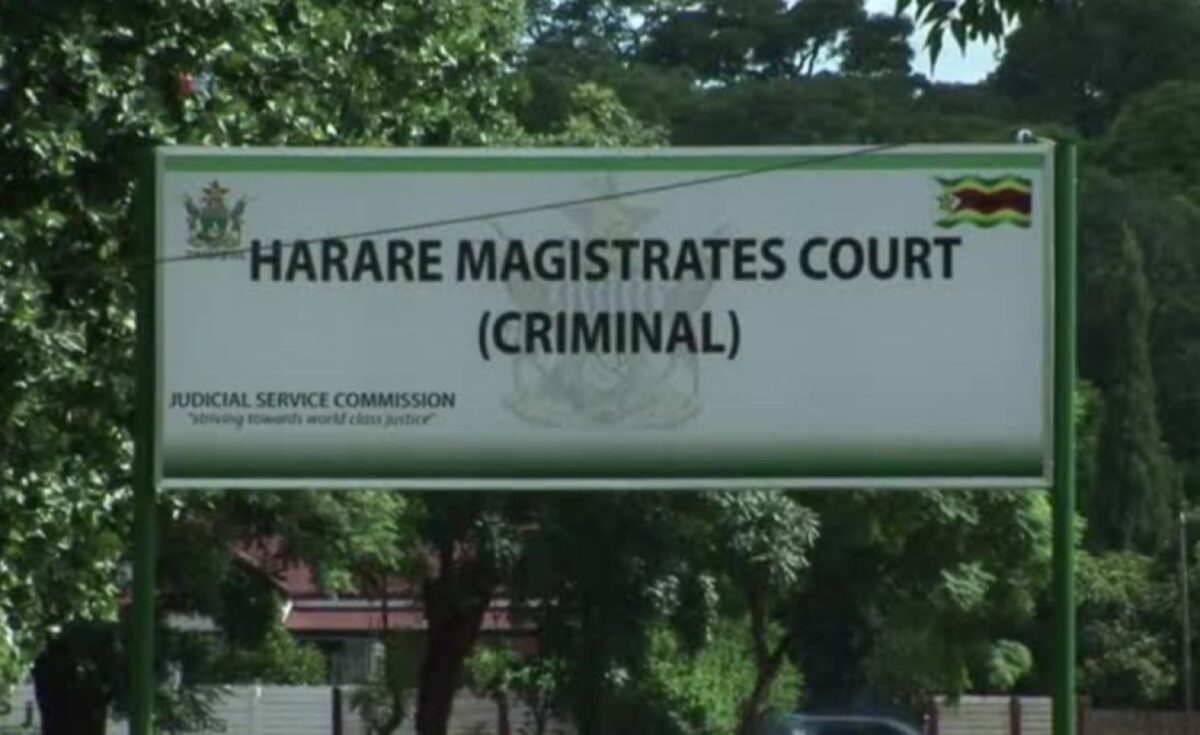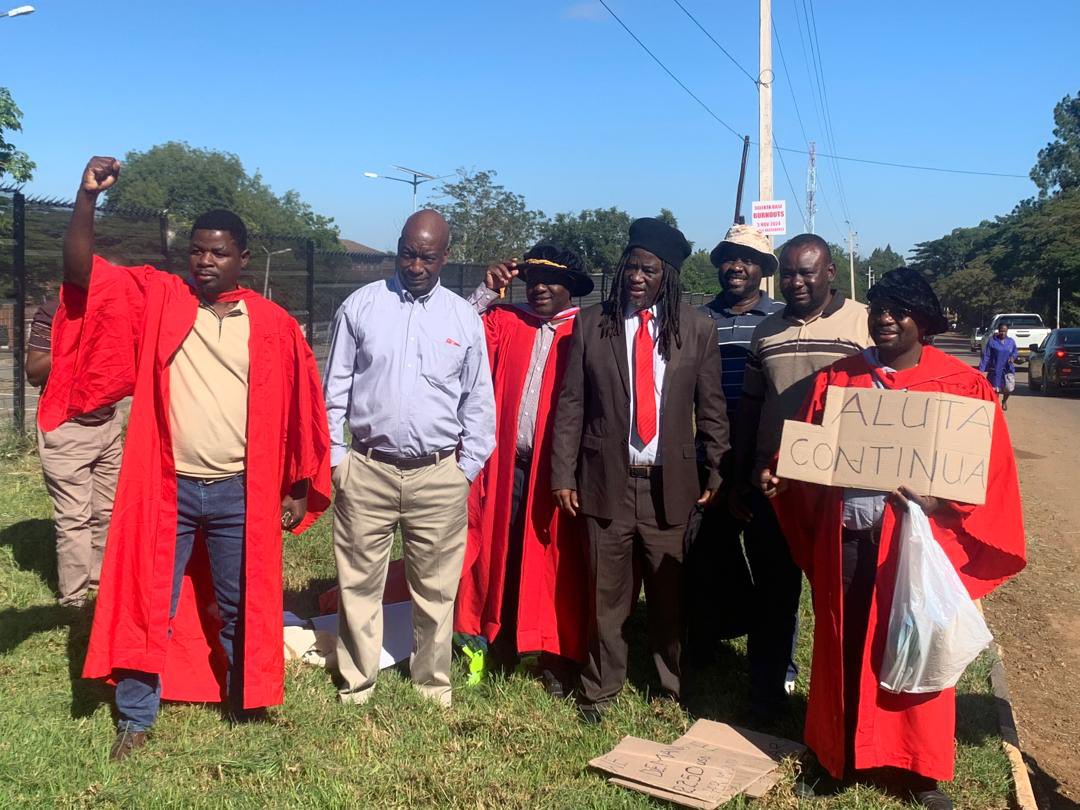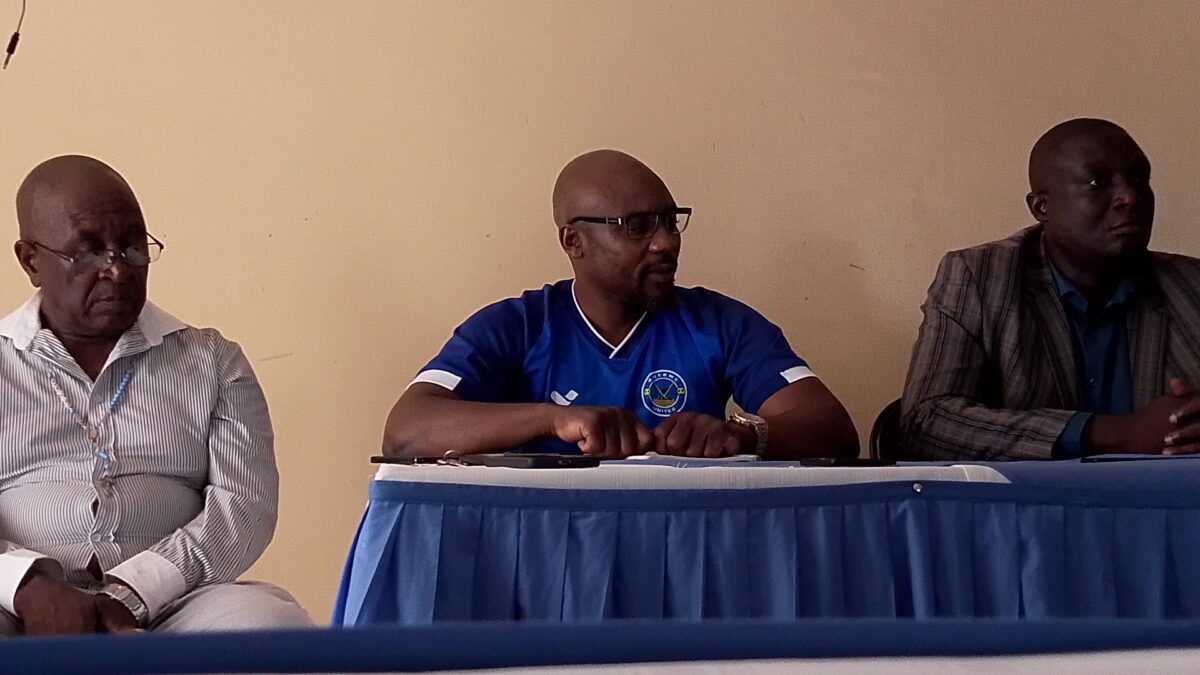HARARE – Anxiety continues to grip ordinary Zimbabweans amid signs of government’s failure to tame rampaging price increases which threaten to propel the country’s inflation to calamitous levels witnessed during the 2008 economic meltdown.
The 2008 period is by far Zimbabwe’s darkest post-independence economic catastrophe which saw goods disappear from store shelves after government decreed a price and wage freeze.
Currently, basic commodity prices continue to rise beyond the means of many with the value of the local currency taking a heavy knock.
Last week, ZERA announced another round of fuel price increases which saw the pump price of a litre of diesel rise to US$1.76 and US$1.73 for petrol.
Past increases of fuel have had a cascading impact on prices of basic commodities.
Former Finance Minister and opposition legislator Tendai Biti says current economic challenges are a direct result of government’s attempts to manipulate the country’s multiple pricing system.
He indicated the country was on a path worse than the 2008 economic crisis.
“The current economic crisis is worse off than 2008 because in 2008, we had the US dollar as the underlying currency and there were no blended exchange rates.
“In 2008, we only had one currency, as opposed to now, when we have multiple exchange regime systems and multiple price systems, such as Ecocash, the US dollar, and Zipit, where price distortions are evident.
“Cartels are distorting market prices, and corruption surrounding command agriculture, gold, and fuel contracts has exacerbated the situation.
“These people are stealing like nobody’s business; printing money to facilitate corrupt contracts like the Harare-Beitbridge road, Harare-Norton road, and Mbudzi roundabout project, which have resulted in too much money chasing too few goods,” Biti said.
President Emmerson Mnangagwa, under fire for failing to reverse the economic slide, has claimed sabotage by business cartels he accuses of manipulating the country’s pricing and exchange rate systems.
Ironically, some of the business cartels implicated are linked to Mnangagwa himself.
Biti argued the country’s economic crisis necessitated both political and economic solutions, which included forming a new government, floating the Zimbabwean dollar, abolishing the central bank exchange system as well as paying government’s restive workforce “real money”.
The current economic crisis, according to Crisis in Zimbabwe Coalition (CiZC) spokesperson Obert Masaraure, is the result of “financial market manipulation” by finance minister Mthuli Ncube and Reserve Bank governor John Mangudya.
“The manipulation of the auction system through nepotism and speculative behaviour have made it either impossible or extremely expensive to produce in Zimbabwe.
“Mthuli and Mangudya have teamed up to allocate our hard earned forex to either their own companies or proxies. These in turn are not producing but just selling the money on the black market.
“The two are responsible for the hyperinflation and collapse of the Zimbabwean currency,” said Masaurare.
The current economic challenges have exposed the bulk of ordinary citizens to abject poverty.
Critics have accused Ncube of pursuing elitist policies that benefit business cartels at the expense of ordinary citizens.
Masaurare argued the current economic trajectory would disproportionately harm ordinary citizens rather than the elite.
“2008’s economic crisis was better because there were no goods and services for everyone. This time around, the cartels have ensured that goods are available through imports but inaccessible because the ordinary person cannot afford them.
“The inequality is more pronounced now than in 2008. The manipulation of the auction system must stop forthwith.
“The Reserve Bank should just play a regulatory role and leave banks to play the role of financing viable projects,” said Masaurare.
















